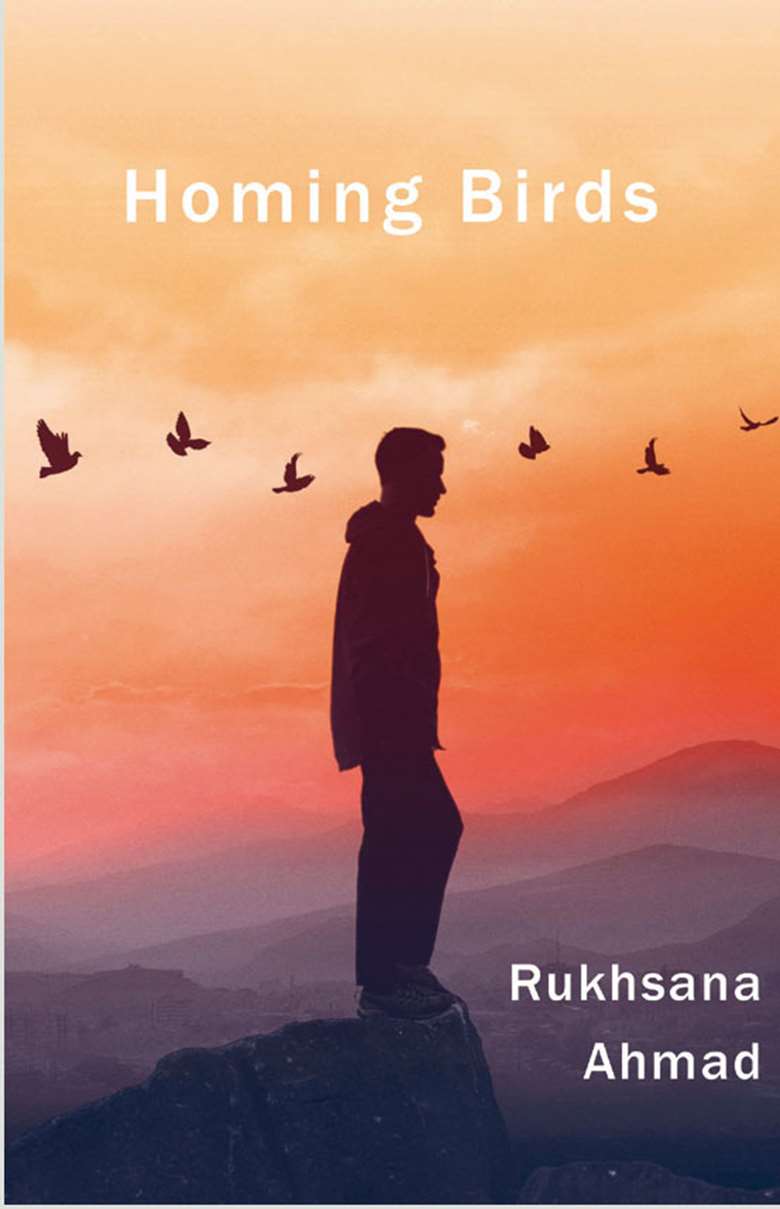Homing Birds by Rukhsana Ahmad
Naomi Holcombe
Sunday, March 1, 2020
Tackles important issues facing migrants but its brevity makes for a limited discussion. Published by Aurora Metro Books

Based around a young Afghan refugee who lives in London, Homing Birds tells the story of a young doctor, Saeed Khattak, returning to Kabul and to the country he fled from during the war, in order to work with Medicine Sans Frontiers, re-connect with his roots and find his sister who was left behind when he was sent to London as a boy.
The play gives you an insight into what the modern city of Kabul looks like after years of being ravaged by war. It is unrecognisable to those who lived there 30 years ago. It looks at the difficulties facing the people, especially the women of Afghanistan within this new society, still living in fear and danger. Child marriages are still taking place and women are still being silenced. Although the politician that Saeed meets early on in the play, the new health minister, Raabia Durrani, tells a story of hope and re-building, that women have more rights now after the war than they did before, this isn't the view which is represented in the streets and the hospitals when Saeed starts to work there; women do not have the same rights as men in Kabul.
Structured through a series of flashbacks to his childhood in Afghanistan, the play discusses the issues that so many talented young Afghans face when searching for a safe new life abroad and how in order to move Kabul into the 21st century, the city then needs the same citizens to come back and re-build. If the talented people who fled for safety were to return, would it change things for the better?
It is an interesting play, with a lot to say on how much Afghanistan has and hasn't changed, but I felt that it was too short to really delve into the issues in enough depth. The play raises so many questions and makes the reader interested in the modern politics of a nation that we have only really seen represented on television by reporters of the war. It was refreshing to look at a story from a different and unique perspective, therefore it was disappointing that in its brevity it skirted over these problems too quickly and the ending did not satisfy my curiosity to know more.

